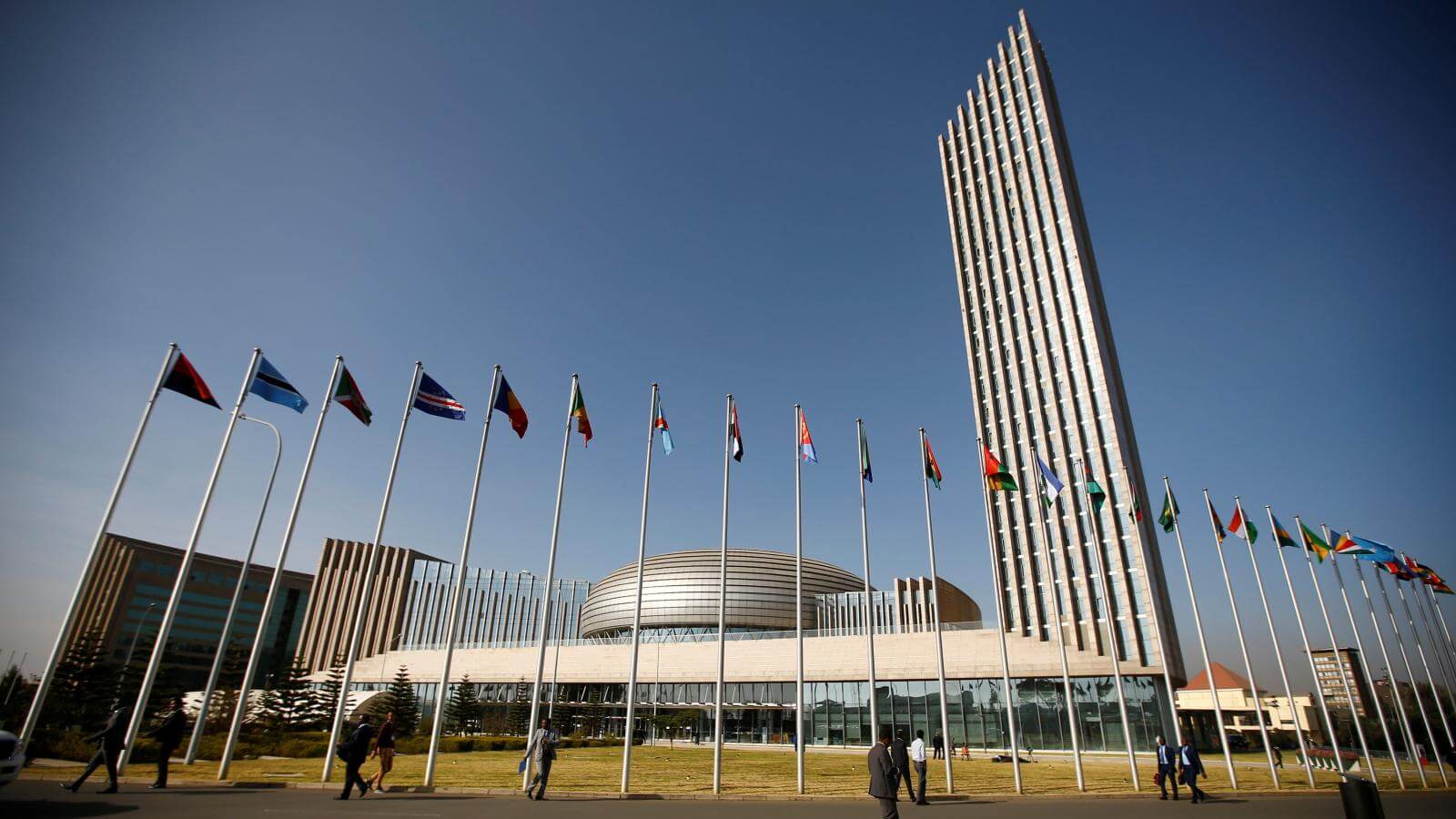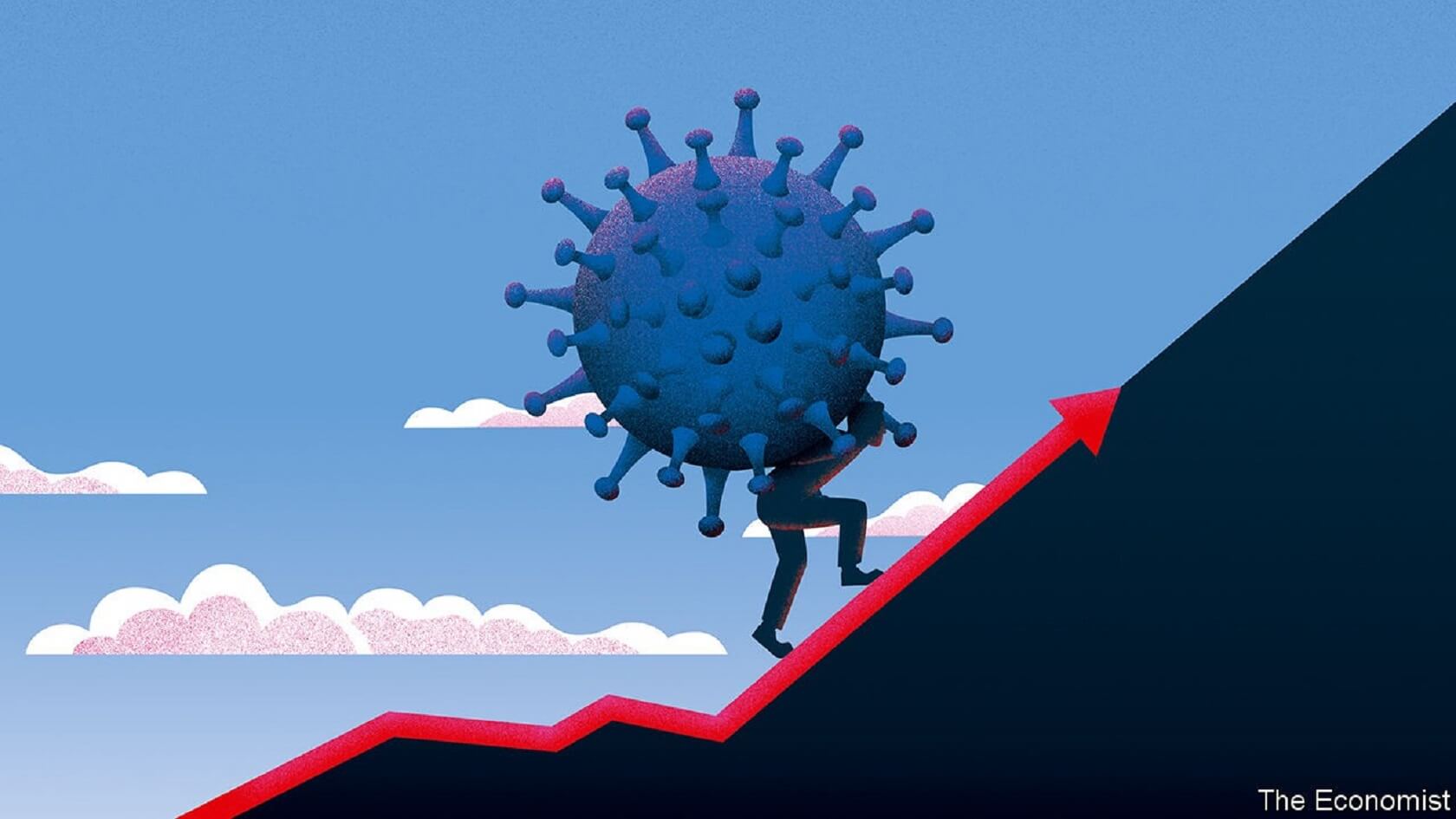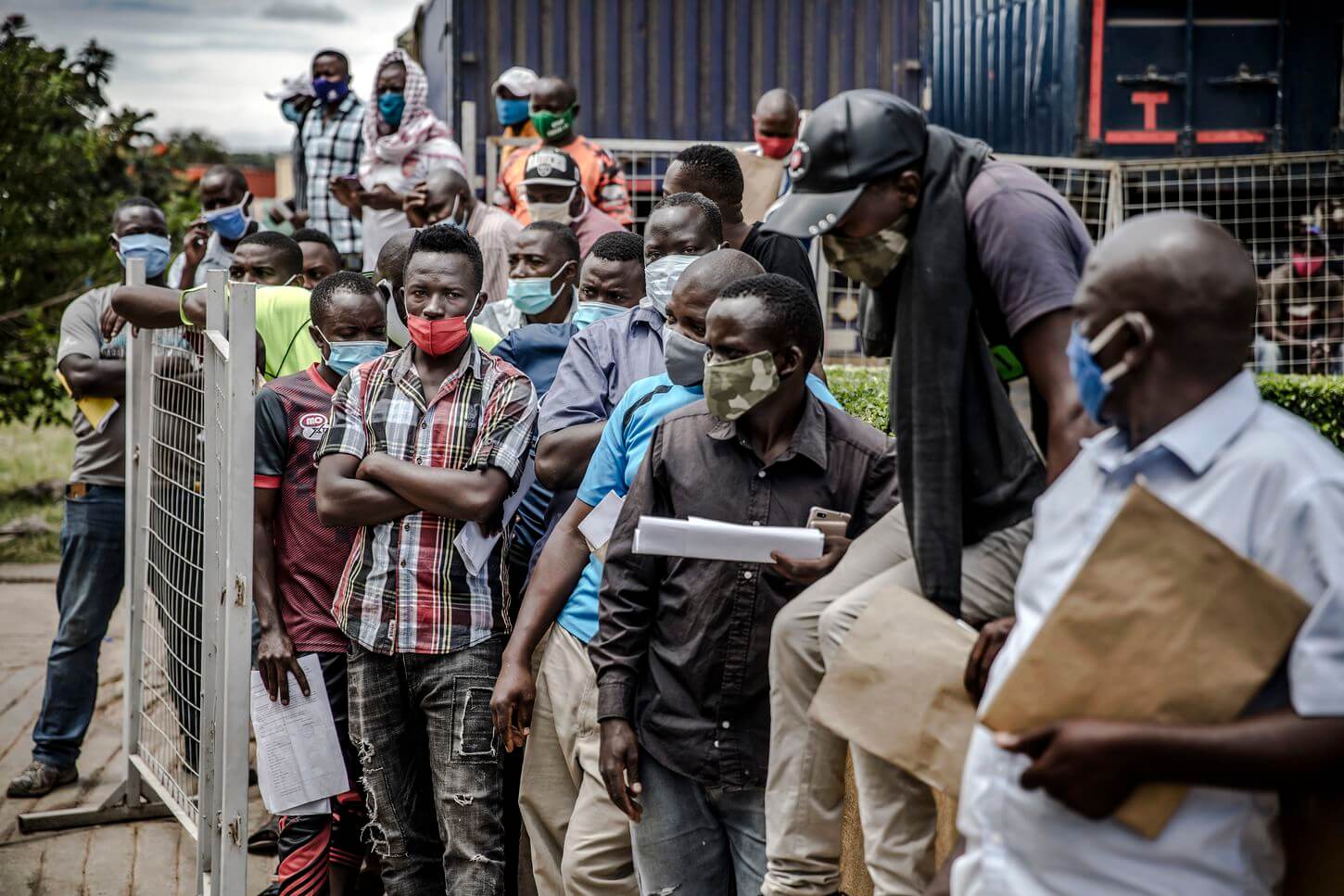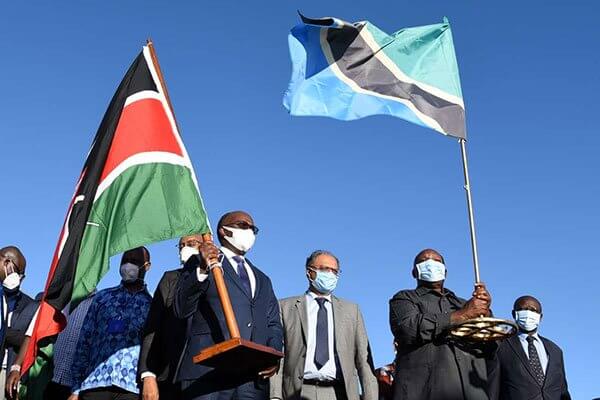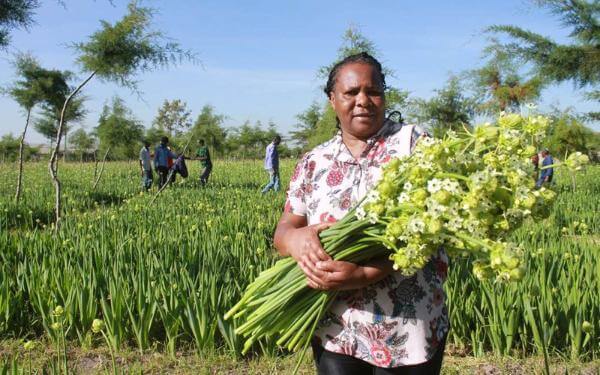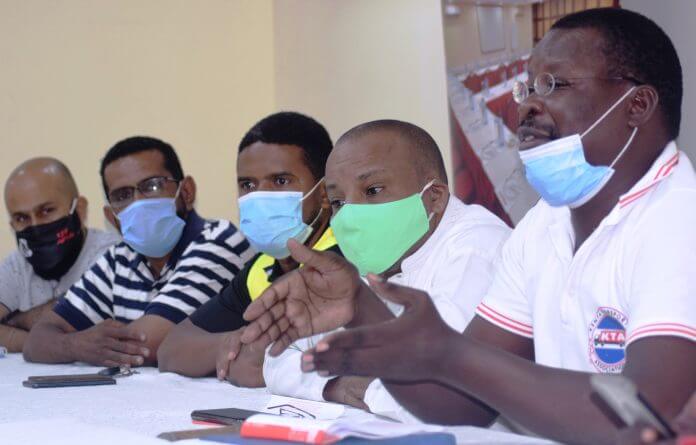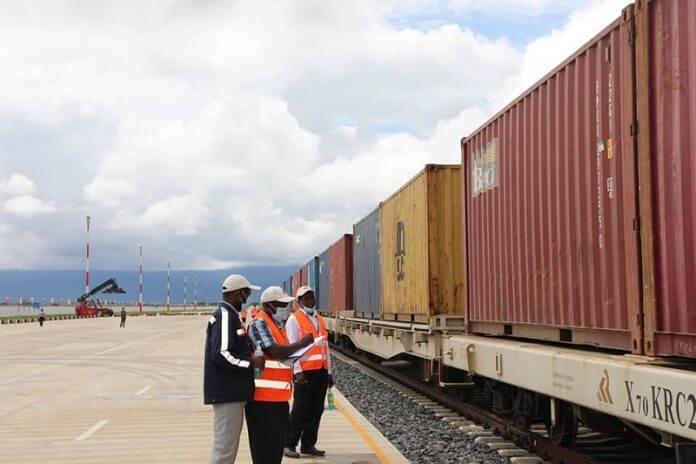Poultry farmers in Kenya want the Ministry of Trade to intervene on the discriminative tariff by the Uganda on chicken meat. Uganda Revenue Authority has in the past two years charged Kenyan chicken meat exports a cumulative 25 per cent in taxes – 18 per cent VAT, one per cent Railway Development Levy and six per cent Withholding Tax. “We want the government to review the taxes charged by our neighbors, both Uganda and Tanzania,'' Kenya Poultry Farmers president Monica Wanjiru said. She added that their plea is to the government to impose tax Uganda poultry imports or for the Ugandan government to waive 19 per cent tax on VAT and Railway Development Levy. The taxes charged by the Uganda, Wanjiru argued, violates World Trade Organization first principle on fair trade. This means that the Uganda poultry products have free access to the Kenyan market while the Kenyan products are hindered from access to Uganda through Non-Tariff Barriers (NTBs) or imposition of domestic taxes (VAT, withholding taxes or railway levies). Wanjiru added that “Tanzania has also imposed stringent requirements for compliance from the Tanzania Bureau of Standards (TBS) which many players in the poultry sector have seen as deliberate efforts to bar them from accessing the market." In 2016,Tanzania banned the importation of poultry and poultry products into the country. “We, therefore, cannot overemphasize the vulnerability of the Kenyan poultry industry from the regional attack,"Wanjiru said. According to the lobby, the most recent impact of such actions by Tanzania culminated...
Poultry farmers in Kenya decry Uganda, Tanzania unfair trade
Posted on: May 29, 2020
Posted on: May 29, 2020


